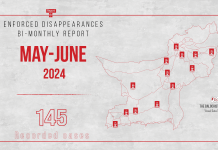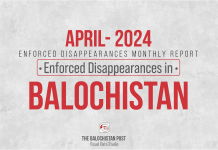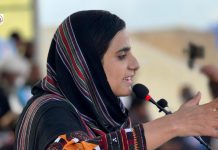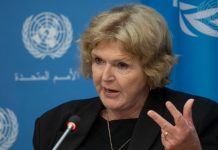According to political analysts, the only transparent elections in Balochistan were held in 1970s. After that all governments in Balochistan are believed to be formed as per Pakistani military’s policy, and such governments have always been furthering the agenda of the military.
Political organisations that were not under the control of military saw their governments being dissolved or they were never allowed to form any governments. In 1973, the government of National Awami Party (NAP) was dissolved and the government was awarded to Jam Ghulam Qadir and his allies, who had not won the majority in elections. In 1990, despite securing majority of the votes, Nawab Akbar Khan Bugti’s political party, Jamahori Watan Party, was not allowed to form the government. Similarly, in 1998 Balochistan National Party’s government was dissolved just in matter of two years.
Before any elections, a process of political engineering is initiated in Balochistan. All political personalities, tribal elders, and even drug dealers and death squad leaders change their loyalties. The elements that joined Pakistani Muslim League – Q in 2002 were also part of Peoples Party in 2008, and then joined Pakistan Muslim League – N in 2013. Under patronage of a military officer, Birgadier Khalid, in 2018 the aforementioned elements joined overnight to form Balochistan Awam Party (BAP), and were also awarded the government. The rivalry between Pakistani Military Intelligence and ISI was evident from the chief ministership being changed from Jam Kamal to Qudoos Bizenjo.
Now all these parliamentarians have landed in Pakistan people’s party and Jamiyat Ulema Islam, which is an indication that the next government in Balochistan will be formed by these political parties. Or it might be the repetition of government in 2008, when every member of parliament was in government, barring one who had personal enmity with the then Chief Minister.
Pakistan people’s party, who capitalises on provincial autonomy and portrays itself as the bulwark of Sindh’s rights, is accepting drug lords and leaders of death squads in its ranks to form the future government in Balochistan. The parliamentary politics in Balochistan has met moral bankruptcy. Here the members of parliament are selected by majors or colonels of Pakistani military, these members are then controlled by military to further agendas of the deep state and have to abide by the policies of their patrons.






























